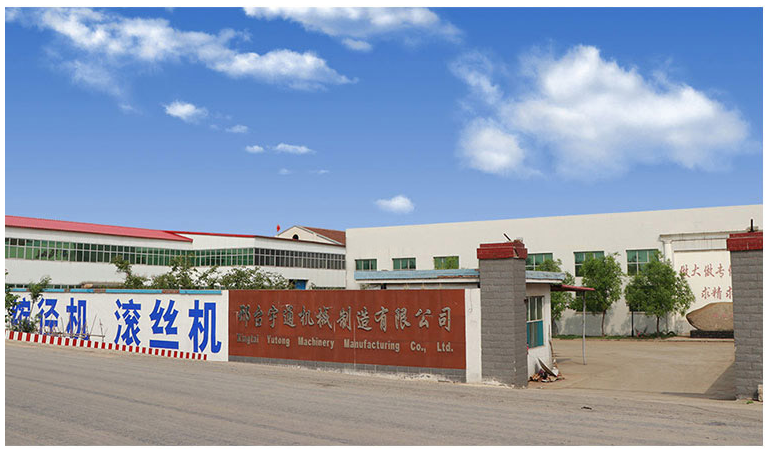
-
 Afrikaans
Afrikaans -
 Albanian
Albanian -
 Amharic
Amharic -
 Arabic
Arabic -
 Armenian
Armenian -
 Azerbaijani
Azerbaijani -
 Basque
Basque -
 Belarusian
Belarusian -
 Bengali
Bengali -
 Bosnian
Bosnian -
 Bulgarian
Bulgarian -
 Catalan
Catalan -
 Cebuano
Cebuano -
 Corsican
Corsican -
 Croatian
Croatian -
 Czech
Czech -
 Danish
Danish -
 Dutch
Dutch -
 English
English -
 Esperanto
Esperanto -
 Estonian
Estonian -
 Finnish
Finnish -
 French
French -
 Frisian
Frisian -
 Galician
Galician -
 Georgian
Georgian -
 German
German -
 Greek
Greek -
 Gujarati
Gujarati -
 Haitian Creole
Haitian Creole -
 hausa
hausa -
 hawaiian
hawaiian -
 Hebrew
Hebrew -
 Hindi
Hindi -
 Miao
Miao -
 Hungarian
Hungarian -
 Icelandic
Icelandic -
 igbo
igbo -
 Indonesian
Indonesian -
 irish
irish -
 Italian
Italian -
 Japanese
Japanese -
 Javanese
Javanese -
 Kannada
Kannada -
 kazakh
kazakh -
 Khmer
Khmer -
 Rwandese
Rwandese -
 Korean
Korean -
 Kurdish
Kurdish -
 Kyrgyz
Kyrgyz -
 Lao
Lao -
 Latin
Latin -
 Latvian
Latvian -
 Lithuanian
Lithuanian -
 Luxembourgish
Luxembourgish -
 Macedonian
Macedonian -
 Malgashi
Malgashi -
 Malay
Malay -
 Malayalam
Malayalam -
 Maltese
Maltese -
 Maori
Maori -
 Marathi
Marathi -
 Mongolian
Mongolian -
 Myanmar
Myanmar -
 Nepali
Nepali -
 Norwegian
Norwegian -
 Norwegian
Norwegian -
 Occitan
Occitan -
 Pashto
Pashto -
 Persian
Persian -
 Polish
Polish -
 Portuguese
Portuguese -
 Punjabi
Punjabi -
 Romanian
Romanian -
 Russian
Russian -
 Samoan
Samoan -
 Scottish Gaelic
Scottish Gaelic -
 Serbian
Serbian -
 Sesotho
Sesotho -
 Shona
Shona -
 Sindhi
Sindhi -
 Sinhala
Sinhala -
 Slovak
Slovak -
 Slovenian
Slovenian -
 Somali
Somali -
 Spanish
Spanish -
 Sundanese
Sundanese -
 Swahili
Swahili -
 Swedish
Swedish -
 Tagalog
Tagalog -
 Tajik
Tajik -
 Tamil
Tamil -
 Tatar
Tatar -
 Telugu
Telugu -
 Thai
Thai -
 Turkish
Turkish -
 Turkmen
Turkmen -
 Ukrainian
Ukrainian -
 Urdu
Urdu -
 Uighur
Uighur -
 Uzbek
Uzbek -
 Vietnamese
Vietnamese -
 Welsh
Welsh -
 Bantu
Bantu -
 Yiddish
Yiddish -
 Yoruba
Yoruba -
 Zulu
Zulu
thread roller machine product
Understanding Thread Roller Machines Enhancing Precision in Manufacturing
In the manufacturing industry, the importance of precision cannot be overstated. One of the critical tools that ensure this level of accuracy is the thread roller machine. These machines are specialized equipment designed to create threads on various materials efficiently. As industries evolve, the need for high-quality, reliable, and efficient manufacturing processes has intensified, bringing thread roller machines into the spotlight.
What is a Thread Roller Machine?
A thread roller machine, often referred to as a thread rolling machine, utilizes a process called thread rolling to create threads on a workpiece. Unlike conventional machining processes, which remove material from a workpiece to form threads, thread rolling is a cold forming process that displaces material to shape it into a desired thread form. This unique approach not only increases the integrity of the threads but also enhances their strength and resistance to wear.
The Working Mechanism
The operation of a thread roller machine is fascinating. The workpiece, typically in the form of a metal rod or shaft, is fed through the machine. Two or more rollers press against the workpiece as it rotates, gradually forming the threads. The rolling process can create both external and internal threads, making it versatile for various applications.
Thread roller machines can be adjusted to accommodate different thread sizes and profiles, which makes them crucial for manufacturers looking to produce a wide range of threaded components. Additionally, due to the nature of the process, these machines are capable of producing threads with tighter tolerances compared to those made through machining.
Applications of Thread Roller Machines
thread roller machine product

Thread roller machines find applications in numerous industries, including automotive, aerospace, and construction. They are used to manufacture bolts, screws, and other fasteners that require high precision and strength. In the automotive sector, for instance, high-strength fasteners are essential for ensuring the integrity and safety of vehicles. In aerospace, the need for lightweight yet durable components makes thread rolling an attractive option.
Furthermore, with the growing trends of automation and advanced manufacturing, thread rolling machines are increasingly integrated into production lines
. Automated systems can enhance productivity, reduce human error, and ensure consistent quality in threaded components.Advantages of Using Thread Roller Machines
The benefits of using thread roller machines are manifold. Firstly, they improve the mechanical properties of the produced threads. The cold working process strengthens the material, resulting in stronger threads compared to those produced by traditional cutting methods.
Secondly, the efficiency of thread rolling machines can lead to significant cost savings. The process is fast, reduces material waste, and shortens production times. This efficiency is particularly beneficial in high-volume manufacturing scenarios where every second counts.
Lastly, the versatility of thread roller machines allows manufacturers to adapt to changing market demands. Whether producing standard or custom-threaded components, these machines can be easily calibrated to meet specific requirements.
Conclusion
In conclusion, thread roller machines play a pivotal role in modern manufacturing. Their ability to produce high-quality threads efficiently makes them indispensable in various industries. As technology continues to advance, the evolution of thread roller machines will likely lead to even greater efficiencies and precision, ensuring they remain at the forefront of manufacturing innovation for years to come.
